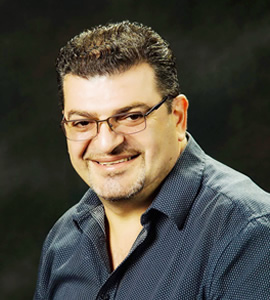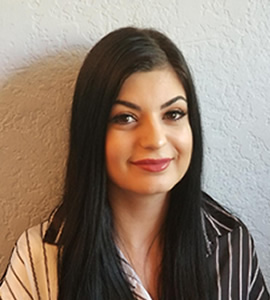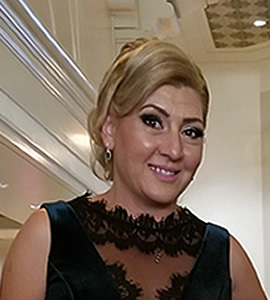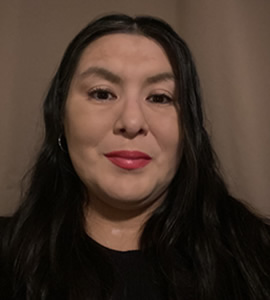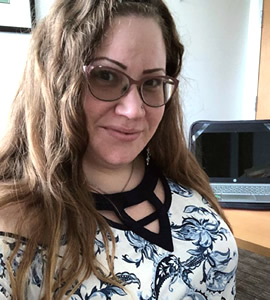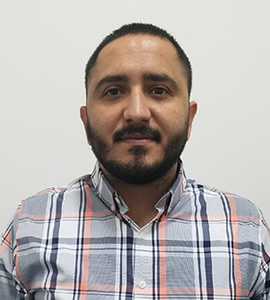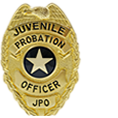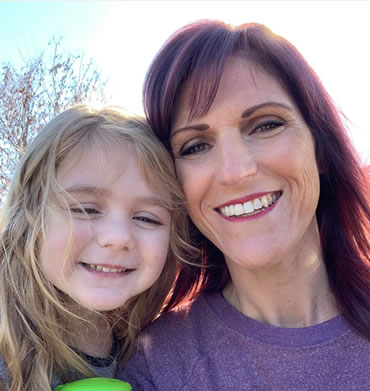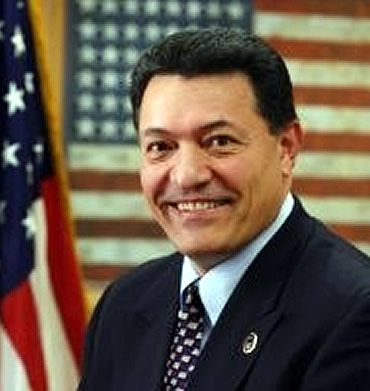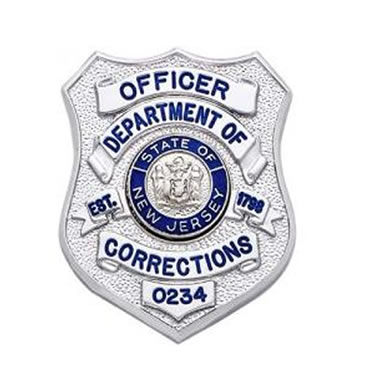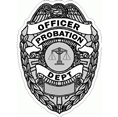

Welcome Court Officials:
Obtain a Supervisory or "Officer" Account to help streamline your caseloads and ease your progress reporting.
Court Ordered Programs Inc.
Probation / Parole and Court Official Supervisory Tools. All Officers, Court Officials, Attorneys, Law Firms, Public Defenders, DCFS Social Workers, Pretrial Reps, Judges and other Court Officials may obtain a Supervisory or "Officer" Account to monitor progress on those program registrants that have been assigned to them from enrollment to completion.
PROVIDED IN EVERY STATE. We are a Brick & Mortar Program Provider. Certified and Accredited Program with Live, In-Person Classroom Style, Video Group Sessions. We are currently in our 18th year with now over 14,500 probationers/parolees in our database, 12,100 of which who have successfully completed and satisfied their court orders through our program. The managing staff at Court Ordered Programs have developed exceptional and technologically advanced programs and “Advanced Learning Systems - Live WebCasted Classroom Groups” that they have implemented in their school side campus CourtOrderedClasses. This is not the make believe on-line program that others offer on CD’s and word documents. These “live webcasted group meetings” adhere to and surpass all State standards and laws regarding Domestic Violence, Batterers Intervention, Anger Management, Child Endangerment / Abuse, Parenting, Drug & Alcohol Programs and Court Ordered Classes has since been put to use by many Children's, Family, Drug and Criminal Courts throughout the Nation.
Preview the hundreds of courthouses, family services and probation/parole departments utilizing us as a certified and approved program provider. Approved Program Provider Lists.
All of our other provided programs from DV/BIP to DEJ and Anger Management or Criminal Behavior Modification, Shoplifting, High Conflict Parenting, Divorce, and our new Juvenile Court Programs (Juvenile Behavior / Juvenile Anger / Juvenile Betterment) follow the same standards and video group participation requirements with material from this decade. We encourage you to take a closer look and explore our many programs and initiatives as a resource to you in your intervention and prevention efforts.
